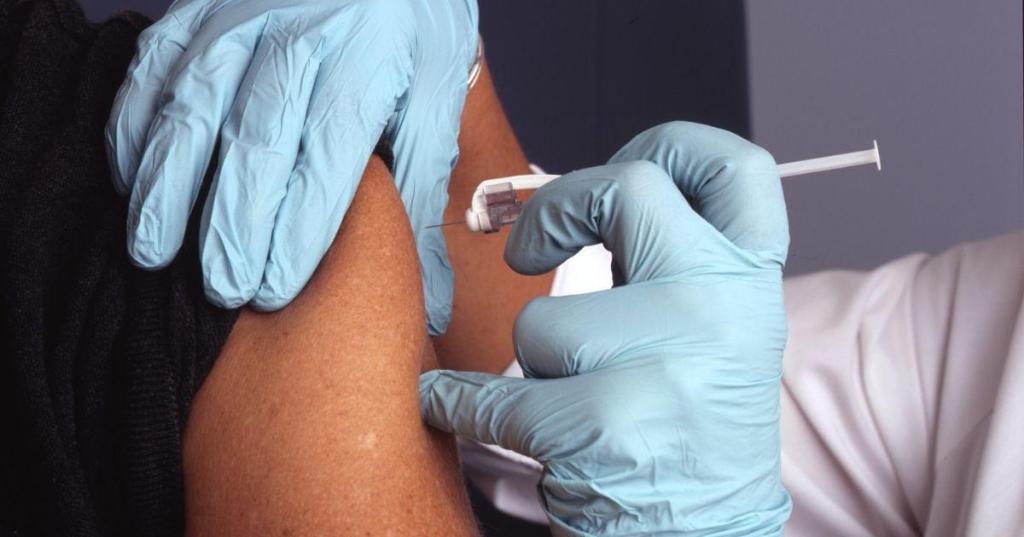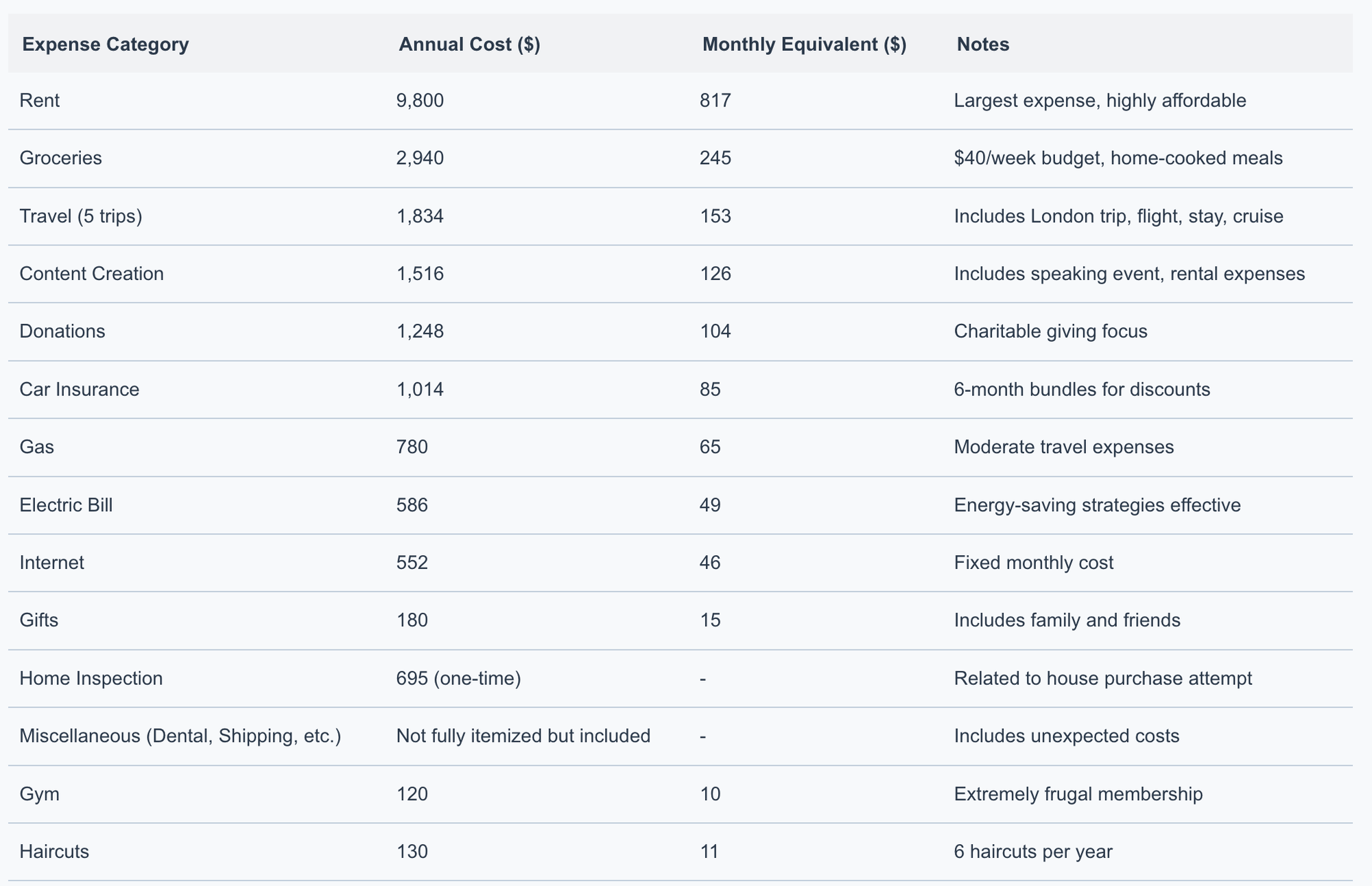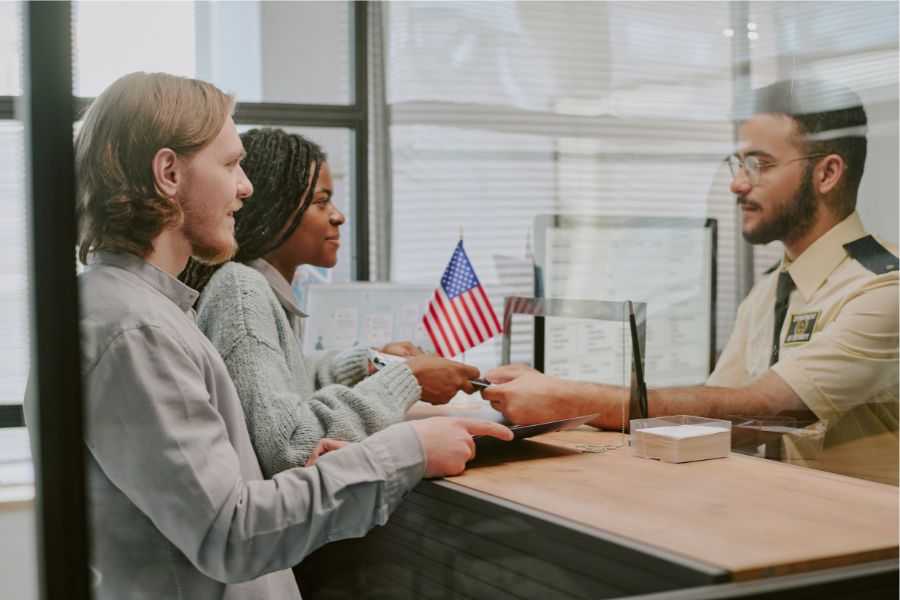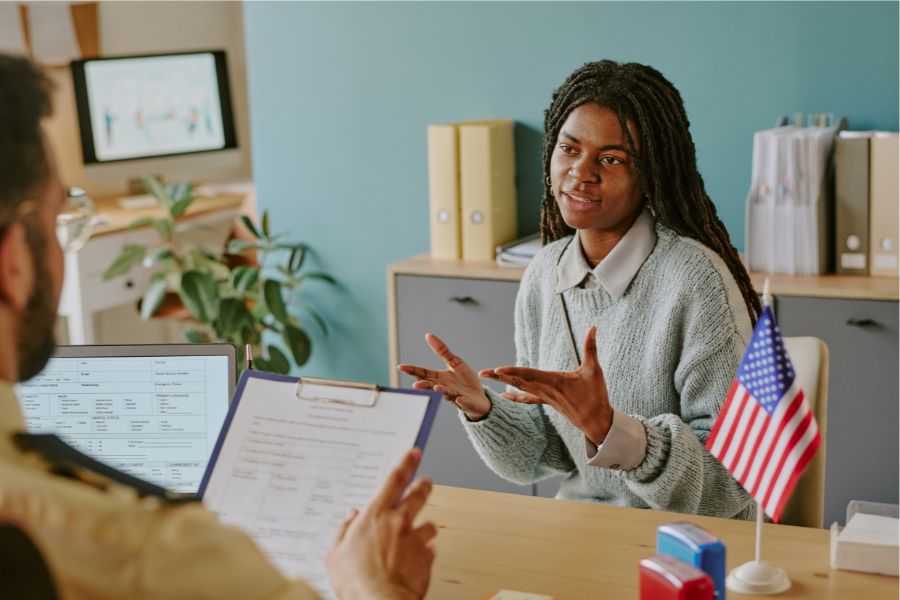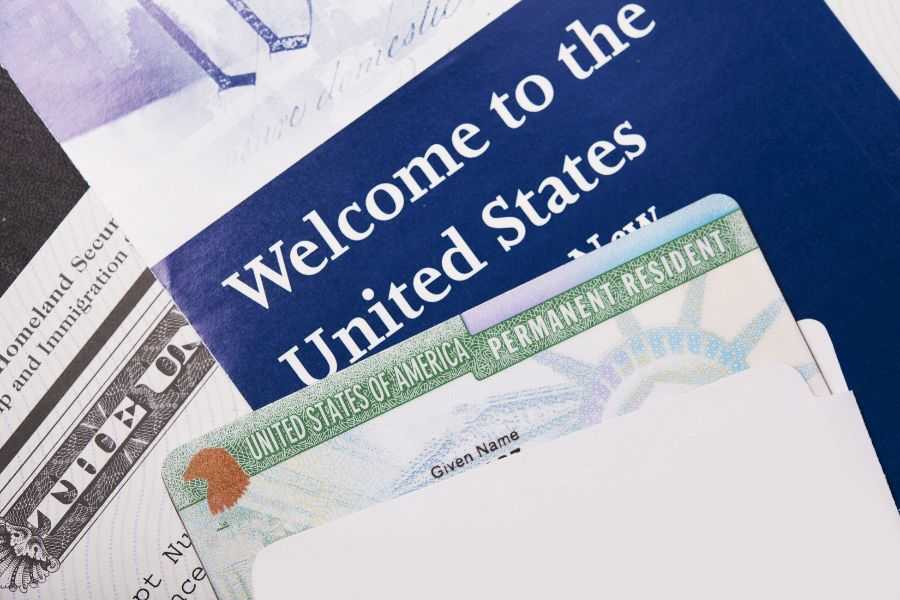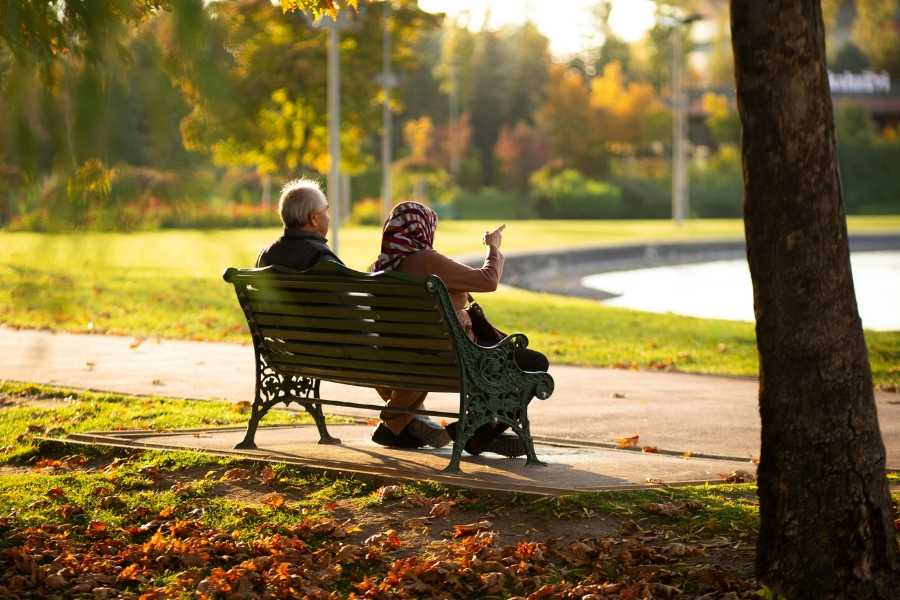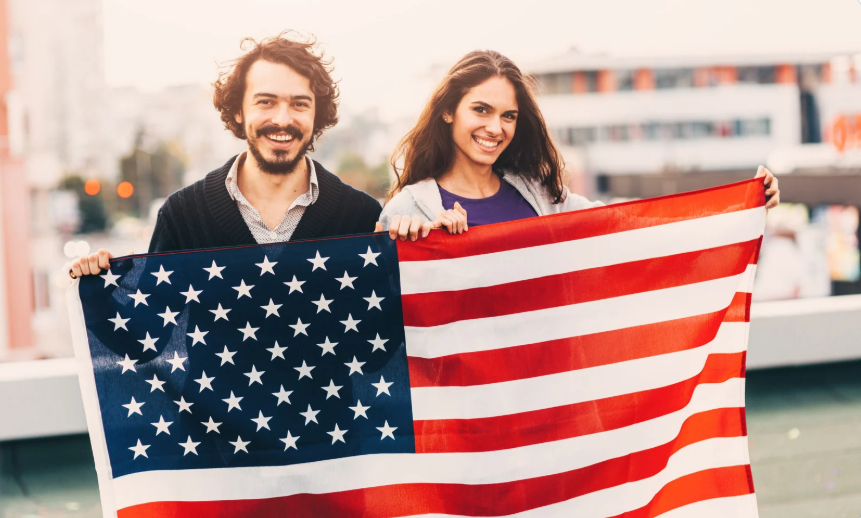There are two main factors in any successful vaccination program: 1) To have a safe and effective vaccine , and 2) To make sure enough people get the vaccine to achieve herd immunity.
Unfortunately, a combination of factors has led many Americans to be wary of vaccines. Some reticence is based in legitimate historical trauma, such as the Tuskegee experiments that left some Black Americans distrustful of government and medicine mixing. Some of it is people falling down rabbit holes of partial information or misinformation from anti-vaccine activists, as well as conspiracy theories about the pandemic in general. And some of it is people simply not knowing enough about the vaccine, how it was developed, and what the trial process entailed to make them enthusiastic about getting it.
So will there be enough people getting the vaccine to put an end to the pandemic? Time will tell, but a new Gallup poll offers some hopeful news on that front. In November, the number of Americans who say they are willing to get the coronavirus vaccine jumped to 63%, continuing the increase from 50% in September and 58% in October.
With the FDA moving forward in the approval process with the Pfizer and Moderna vaccines, and with people already starting to be immunized in the U.K., that’s encouraging news. A return to normalcy will depend on a majority of the population being immune, and widespread vaccination is a far better way to get there than through mass sickness and death.
For those who are still hesitant about getting the vaccine, check out what Dr. Samara Friedman shared about how they were developed and why she won’t hesitate to get it as soon as it’s available:
“The FDA is likely going to approve the Pfizer Covid vaccine when they meet on December 10th. The Moderna vaccine will probably be approved shortly thereafter. This is an incredible feat of modern medicine, and our best chance to hopefully get our lives back to near normal relatively soon. However, it is new and it was done quickly, so understandably, people may be hesitant to get it; even people who vaccinate against all other diseases.
Will I be getting the vaccine? ABSOLUTELY. As a physician, I will probably have the opportunity to be immunized prior to New Year’s and yes, I will be taking it as soon as possible.
But, it is a new vaccine technology and done in record time, so aren’t I worried about its safety? Nope, not any more so than any other vaccine or other medical intervention.
Why? Let’s start with how this vaccine works. This is an mRNA vaccine. Past vaccines typically use a live but weakened “attenuated” virus, or dead viral material “inactivated” virus, or a piece of the virus’s protein or even a toxin produced by the virus. The Covid vaccine is very different. It contains mRNA (messenger genetic material) that encodes for the Covid spike protein. This causes your cells to then produce the Covid spike protein. In contrast, when you are sick with Covid, the virus hijacks your cell to produce many copies of the entire virus. Then it destroys the cell, busting it open to release its newly formed viral particles. When your cells release just the spike protein, it will stimulate your immune system to form antibodies to the Covid spike protein without you getting sick. There is no possibility of getting Covid from the vaccine. When your body is subsequently exposed to Covid, it will quickly recognize the spike protein and destroy it before it can make you sick. This was 95% effective in preventing Covid, which is an even better percentage than most other vaccines. However, you must take both doses (about 3-4 weeks apart).
Am I concerned about it being new? And previously untested? No, I’m not. This type of technology is not entirely new. It has been studied and used in cancer research. They have been making mRNA vaccines and studying them to specifically target proteins on tumor cells and train your immune system to then destroy the tumor. In this case, it is not a vaccine in the preventive sense, as it is targeted to a tumor that you already have. It is not currently widespread because it has to be custom made for each tumor. But, it has been “around the block” for a while now. The technology was also being studied for other Coronaviruses. It never came to fruition, because the diseases never reached pandemic proportions, and then the funding dried up. The mRNA does not enter the nucleus of the cell, and it does not affect your DNA, and therefore has no lasting impact on your cell.
Am I concerned about the speed with which it was developed? Weren’t significant corners cut in order to get this out so quickly? No and no. What was cut out of the equation was mostly red tape, and what was added was technology and funding. We were given the genetic code by scientists in China to start vaccine production in January; before Covid was even documented to have reached our shores. From there, the vaccine was developed from the technology we had from the prior Coronavirus and cancer research, and was completed in March. Normally, there would be months of waiting for the FDA to even look at the work done prior to approving Phase 1 trials. Because of the urgent nature of this, it was essentially put on the top of the wait pile, which cut out months of waiting, but did not cut any corners. Between the Moderna and Pfizer vaccines (both mRNA, with a slightly different delivery system), they were tested in 37,000 people in Phase 3 (and an additional 37,000 received a placebo). That is on par with, if not better than the vaccines currently available.
Aren’t I concerned that the FDA is about to approve it, and there may be side effects that haven’t been seen yet? Nope on this one too. We know from decades of vaccine research, since you typically just get 1, 2 or 3 doses and then you are done with it, that nearly all side effects from vaccines occur in the first 6 weeks. Like other vaccines, minor side effects may occur(soreness at injection site, muscle aches, fever). Severe adverse reactions are extremely rare, and again, occur quickly if they are going to occur at all. As a healthy 40-something year old woman, my risk of dying from Covid is about 1 in 250 to 1 in a 1,000. That is not a rare event! And even if I don’t die from it, I could have long term lung damage and other issues that affect my quality of life. Because vaccines are given to healthy people (unlike medications for treating a disease that is already present) they are held to a much higher standard for approval. My risk of having a significant adverse reaction from the Covid vaccine is minuscule in comparison to my risk with Covid. In fact, there have been no severe reactions to the Pfizer or Moderna vaccine to date.
For the rest of the population (outside of healthcare workers or those in nursing homes), who will likely be able to get the vaccine in February or March, there will be even more time passed and more people who have received the vaccine to be the “guinea pigs” here.
Anyone who is pregnant – it has not yet been tested in your group (although I do know that many pregnant front line health care workers are planning to take it). For those under 18 years old – it is also not yet tested. Moderna will be starting a trial shortly. Hopefully it will be approved by summer. But for everyone else, I highly recommend getting it as soon as you can; for you, for your loved ones, for those who cannot (perhaps because they are immunocompromised), for the many businesses that are on the verge of permanent shut down, and for kids to safely return to schools. I will be rolling up my sleeve for it as soon as it is offered.
If you’d like, please do feel free to cut and paste on your own social media sites. Sharing of information is so important to combating this pandemic. We have now surpassed 15 million documented Covid cases in our country (5 million of which were in the last 30 days) and over 2,000 people are dying per day. I do not plan on making the post shareable, as I don’t need militant anti-vaxers tracking me down.
Samara Friedman, M.D.
Orthopaedic Surgery
(While, I am not an expert in vaccines, as a physician, I do have the necessary skills to interpret medical studies and evaluate data. Additionally, I have been listening to the experts in virology, infectious disease, and epidemiology.)”
You don’t have to be an expert in vaccines to listen to those who have dedicated their lives to their development. When it comes to risk, we know that there are very real risks from COVID-19, and since the incidences of adverse vaccine events are far, far lower, the risk-benefit ratio comes out greatly in favor of getting the vaccine.
Modern medicine truly has come so far, and the incredible feat of this newvaccine development should be celebrated whole-heartedly.

